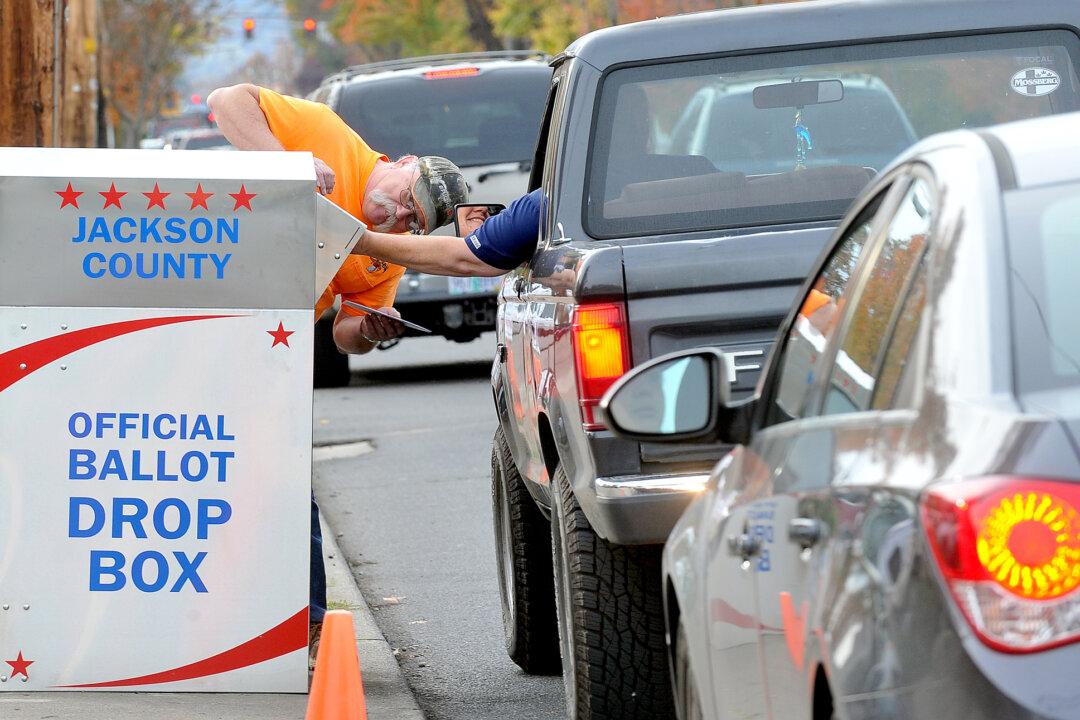Democrats and Republicans have yet to formally reveal their priorities for the phase 4 pandemic relief legislation, but there have been hints about infrastructure from the right and funding for vote-by-mail from the left.
Speaker Nancy Pelosi has said infrastructure will need to wait as funding for things like vote-by-mail is more pressing.





